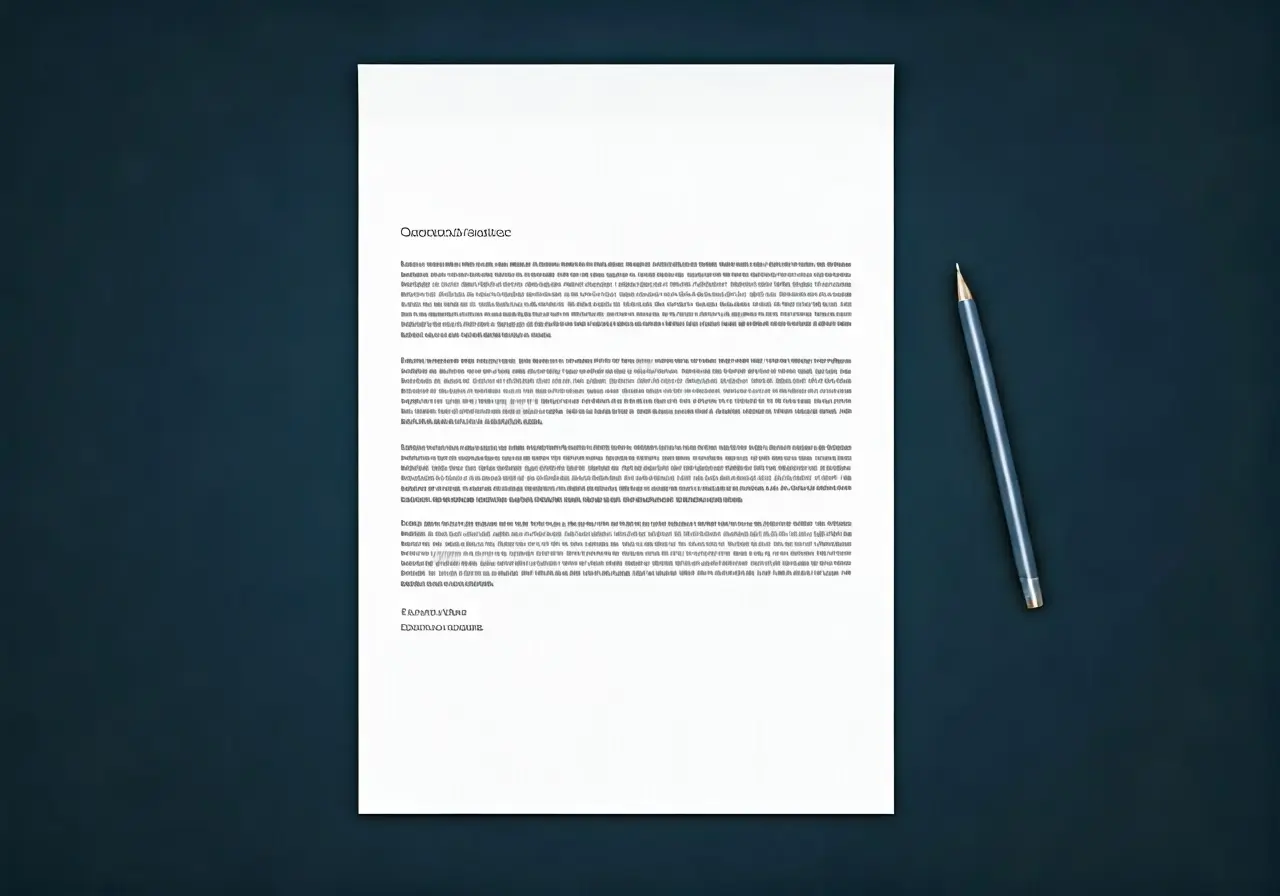We may earn money or products from the companies mentioned in this post.
Customizing your cover letter may seem like a daunting task, but it’s an important step in landing your dream job. Let’s explore why personalization is crucial and how you can effectively tailor your cover letter.
Why Customize Your Cover Letter?
Personalizing your cover letter demonstrates genuine interest in the position you’re applying for. When hiring managers see that you’ve taken the time to tailor your application, it shows that you’re not just mass-applying to every job listing you come across. According to tips for writing a cover letter that stands out, a customized approach is crucial in convincing employers to give your application a closer look.
A blanket cover letter simply doesn’t have the impact you might hope for. Instead of crafting a generic letter, consider what makes each job special and include those aspects. This attention to detail can transform your application into a powerful tool that highlights your fit for the role, increasing your chances of securing an interview.
Understanding the Job Requirements
Before customizing your cover letter, it’s essential to understand the specific job requirements. Reading through the job description, take note of key skills and qualifications. These are your cues for what the employer is looking for. Once you know these, you can strategically incorporate them into your letter, crafting statements that reflect how you meet, or even exceed, these requirements.
Aligning your skills with job requirements convinces employers you’re the right candidate for the job. Moreover, by explicitly mentioning these tailored qualities, you not only make your application more appealing but also easier for employers to recognize the strengths you bring to the table.
Highlighting Relevant Experience
Choosing which experiences to highlight in your cover letter is crucial. Start by reviewing your past roles and jotting down achievements that align with the job description. Be sure to include quantifiable successes, such as “increased sales by 30% in the first quarter,” to give your prospective employer a sense of the tangible value you can bring.
A well-targeted letter showcases how your previous experiences make you a perfect fit for the role. Don’t risk losing the reader’s interest by including irrelevant details. Instead, remain focused and concise, sharing anecdotes that demonstrate your most marketable accomplishments.
Addressing the Hiring Manager Directly
Directly addressing the hiring manager by name can significantly personalize your cover letter. This tactic not only shows that you’ve done your homework, but it also creates a personal connection with the reader. While it’s not always possible to find their name, utilizing resources like LinkedIn can help in your research.
This approach makes a meaningful impression; it frames your application as thoughtful and deliberate. In cases where you cannot find a specific name, creatively structure your greeting to be professional yet engaging—such as, “Dear Hiring Team”—to still maintain a personalized feel.
Using a Strong Opening and Closing
Begin your cover letter with a strong opening by mentioning something specific about the company or role that attracts you, helping to immediately engage the reader. An engaging introduction sets the stage for a memorable and persuasive letter.
Conclude with a powerful closing statement that reinforces your interest and calls for the next steps, such as an interview. Expressing gratitude for the opportunity to apply is not only polite but leaves a favorable impression. A confident closer motivates hiring managers to reach out and further discuss your potential fit for the role.
Final Thoughts on Tailoring Your Cover Letter
In a competitive job market, customizing your cover letter can be the key to catching an employer’s attention. By highlighting your relevant skills and experiences, you demonstrate your genuine interest in the position and stand out from other applicants.






